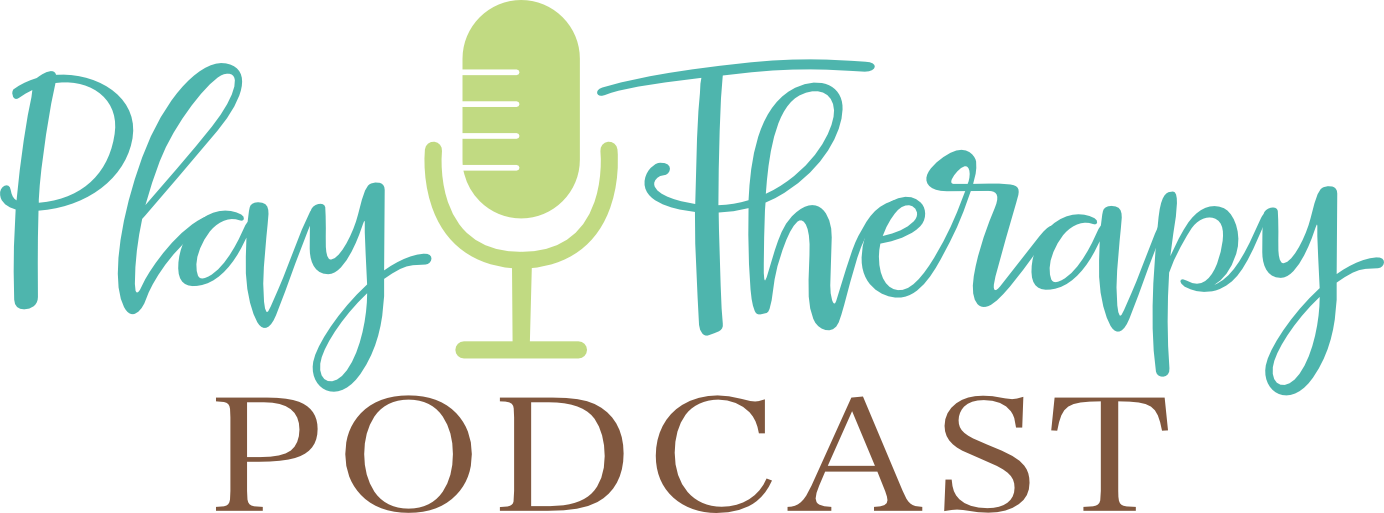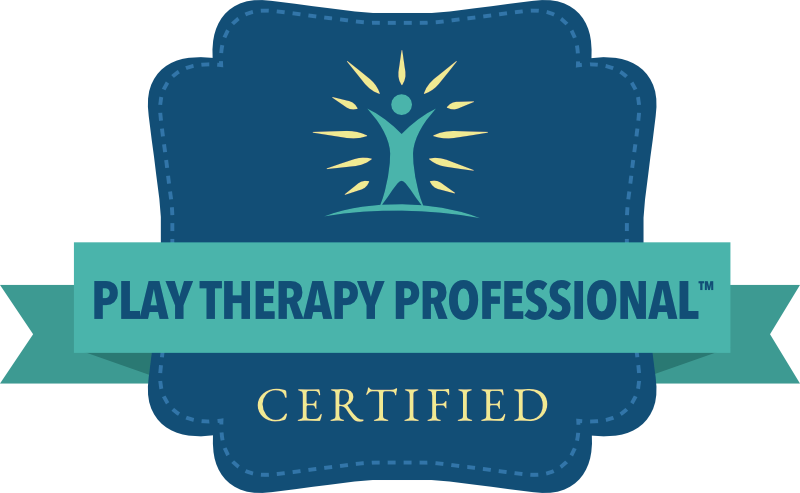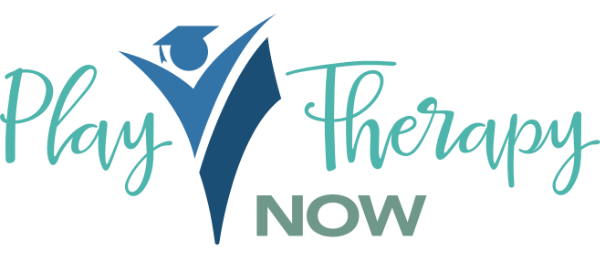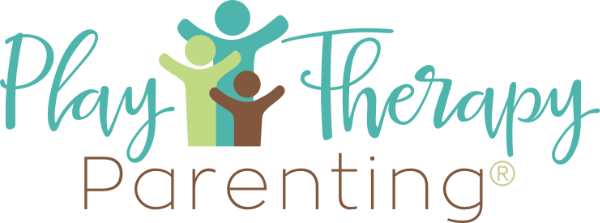From Cutting to Conversations: Handling Safety Concerns in CCPT
In this episode of the Play Therapy Podcast, I respond to a question from Christy in New Mexico about working with a 12-year-old client who has a history of cutting and suicidal thoughts. I explore how to approach such sensitive issues within the child-centered play therapy (CCPT) model, emphasizing the importance of adhering to the framework while addressing safety concerns. I discuss setting clear expectations about confidentiality during the first session, which allows safety-related conversations to occur later without disrupting the therapeutic relationship.
I also answer a second question about appropriate toys for older clients in the playroom, sharing suggestions for games, activities, and tools that engage preteens and teens in developmentally appropriate ways. This episode provides practical strategies for balancing adherence to CCPT principles with the necessity of addressing safety issues when they arise.
Sign up for my exclusive newsletter at playtherapynow.com. Stay ahead with the latest CCPT CEU courses, personalized coaching opportunities and other opportunities you need to thrive in your CCPT practice!
If you would like to ask me questions directly, check out www.ccptcollective.com, where I host two weekly Zoom calls filled with advanced CCPT case studies and session reviews, as well as member Q&A. You can take advantage of the two-week free trial to see if the CCPT Collective is right for you.
Ask Me Questions: Call (813) 812-5525, or email: [email protected]
Brenna’s CCPT Hub: https://www.playtherapynow.com
CCPT Collective (online community exclusively for CCPTs): https://www.ccptcollective.com
Podcast HQ: https://www.playtherapypodcast.com
APT Approved Play Therapy CE courses: https://childcenteredtraining.com
Twitter: @thekidcounselor https://twitter.com/thekidcounselor
Facebook: https://facebook.com/playtherapypodcast








